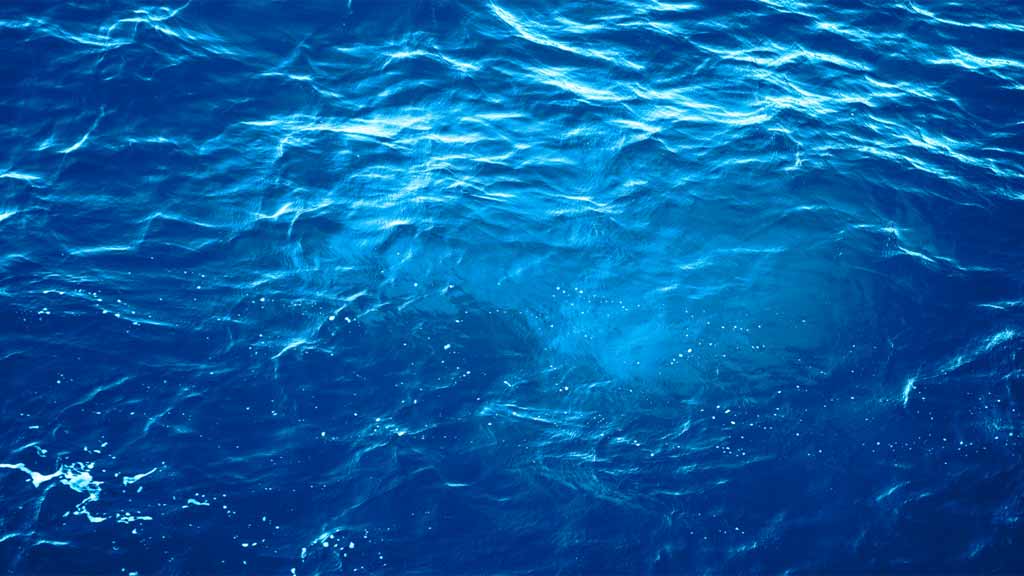Most people understand that filtered water is one of the simplest and safe-effective ways to maintain healthy drinking habits. After all, untreated water can contain a variety of contaminants including pesticides, animal waste, heavy metals, viruses, and more. And each of these contaminants can cause painful symptoms, including stomach cramps, diarrhea, and even pneumonia.
And while many individuals understand the consequences of drinking unfiltered water—particularly in states with poor water quality—many fail to understand the nuances of safe water. For example, the term “hard water” is often misunderstood or unheard of altogether. Simply put, hard water refers to the amount of dissolved magnesium and calcium in the water. The amount of dissolved minerals left in your water can impact your health and lifestyle in different ways. Unfortunately, hard water is found in approximately 85% of America. But there are still ways you can combat it. Here’s what you need to know:
Signs You Have Hard Water
One of the easiest ways to determine whether you have hard water in your home is to pay close attention to how your skin, dishes, and clothes feel after washing them. For example, if you wash your hands with hard water, you might feel a slight film of residue because soap reacts with calcium minerals to create soap scum—a filmy white or grey layer of residue that has a slimy texture. This thin layer of film can be very subtle or obvious depending on the severity of your hard water.
You’ll also notice it in your dishes when you take them out of the dishwasher or your clothes out of the washer. You might notice pieces of film or spots on your dishware. Similarly, when you wash your clothes with hard water it can leave mineral deposits behind and make your items appear dingy. And lastly, hard water can reduce the lifetime of your kitchen equipment, like pots and pans, lower the efficiency of water heaters, and potentially clog pipes.
How to Eliminate Hard Water
One of the easiest ways to eliminate hard water in the most important area of the home (the kitchen) is to install a faucet water softener like a reverse osmosis water filter under sink. These types of water softeners typically have low installation costs and yield high benefits. A reverse osmosis water system removes any contaminants in unfiltered water by utilizing a prefilter that removes sediment and chlorine before pushing it through a semipermeable membrane that eliminates dissolved solids.
Washing machines are a little more difficult to remove hard water from, but it’s not impossible. While there are some water softener systems that can be connected to water supply lines, these systems often replace calcium and magnesium with sodium, so it’s important to consult with a doctor before you take this step. As an alternative, you can find water softeners or water conditioners in your local grocery store and add the instructed amount in each load, which will help break down the hard water minerals that make fabrics stiff, weak, and discolored.
How Bad is Hard Water on your Health?
Sure, there are many reasons why you’d want to eliminate hard water from your home. Generally speaking, hard water is safe to drink, and calcium and magnesium are minerals that can help your body. However, if you drink hard water over prolonged periods of time, especially in places where hard water is more prevalent, it’s much more difficult for you to reap those benefits. Too much of anything almost always has a negative impact on the body.
For example, even though hard water is safe to ingest in normal doses, it does impact your hair and skin. Hard water reduces the healthy moisture available in water, potentially creating or exacerbating dry skin problems and resulting in other issues like dandruff or eczema.
In short, while it may not kill you to drink hard water, you should consider making it a long-term or short goal to transition to soft water, depending on your budget. However, if you or anyone in your household has skin issues or sensitivity, it’s best to make the change sooner rather than later. Always do your due diligence and search for solutions that are well-vetted and align with your budget and goals.

